Learn how strategic financial planning can lead to long-term business success. Discover the benefits, steps, common mistakes, and tools for effective financial planning.
Explores The Essential Elements of Strategic Financial Planning
Strategic financial planning is crucial for the sustained growth and success of any business. This article explores the essential elements of strategic financial planning, its benefits, and the steps necessary to develop an effective financial strategy.

What is Strategic Financial Planning?
Strategic financial planning involves creating a comprehensive financial plan that aligns with your business goals. It includes analyzing your current financial situation, forecasting future financial needs, and developing strategies to achieve long-term objectives.
Benefits of Implementing Strategic Financial Planning
Implementing strategic financial planning offers several significant benefits:
- Enhanced Decision-Making: Provides a framework for making informed financial decisions.
- Risk Management: Identifies potential financial risks and develops strategies to mitigate them.
- Resource Optimization: Ensures efficient allocation of resources to maximize returns.
- Long-Term Stability: Helps maintain financial stability and sustainability over time.

Steps to Develop an Effective Financial Strategy
To develop an effective financial strategy, follow these key steps:
- Assess Your Current Financial Situation: Analyze your current assets, liabilities, income, and expenses.
- Define Your Financial Goals: Set clear, achievable short-term and long-term financial goals.
- Create a Budget: Develop a budget that aligns with your financial goals and allows for flexibility.
- Forecast Future Financial Needs: Use financial projections to anticipate future expenses and revenue.
- Develop Action Plans: Outline specific actions and strategies to achieve your financial goals.
- Monitor and Adjust: Regularly review your financial plan and make adjustments as needed.
Common Mistakes to Avoid in Financial Planning
Avoid these common mistakes to ensure the success of your financial planning:
- Lack of Clear Goals: Without clear goals, it’s challenging to develop an effective financial strategy.
- Overlooking Cash Flow: Failing to monitor cash flow can lead to financial instability.
- Ignoring Risk Management: Not planning for potential risks can result in significant financial losses.
- Failure to Review and Adjust: Regularly reviewing and adjusting your financial plan is crucial for staying on track.
Tools and Techniques for Strategic Financial Planning
Utilize these tools and techniques to enhance your strategic financial planning:
- Financial Software: Use tools like QuickBooks or Xero for efficient financial management.
- Financial Ratios: Analyze financial ratios to assess your business’s financial health.
- Budgeting Tools: Implement budgeting software to track income and expenses.
- Scenario Planning: Develop multiple financial scenarios to prepare for various outcomes.

Achieve Long-Term Success with YCCTAX’s Strategic Financial Planning Services
For personalized and effective financial planning strategies, contact YCCTAX. Our team of experts is dedicated to helping your business achieve long-term success through strategic financial planning. Let us assist you in developing a comprehensive financial plan that aligns with your business goals and ensures financial stability.








